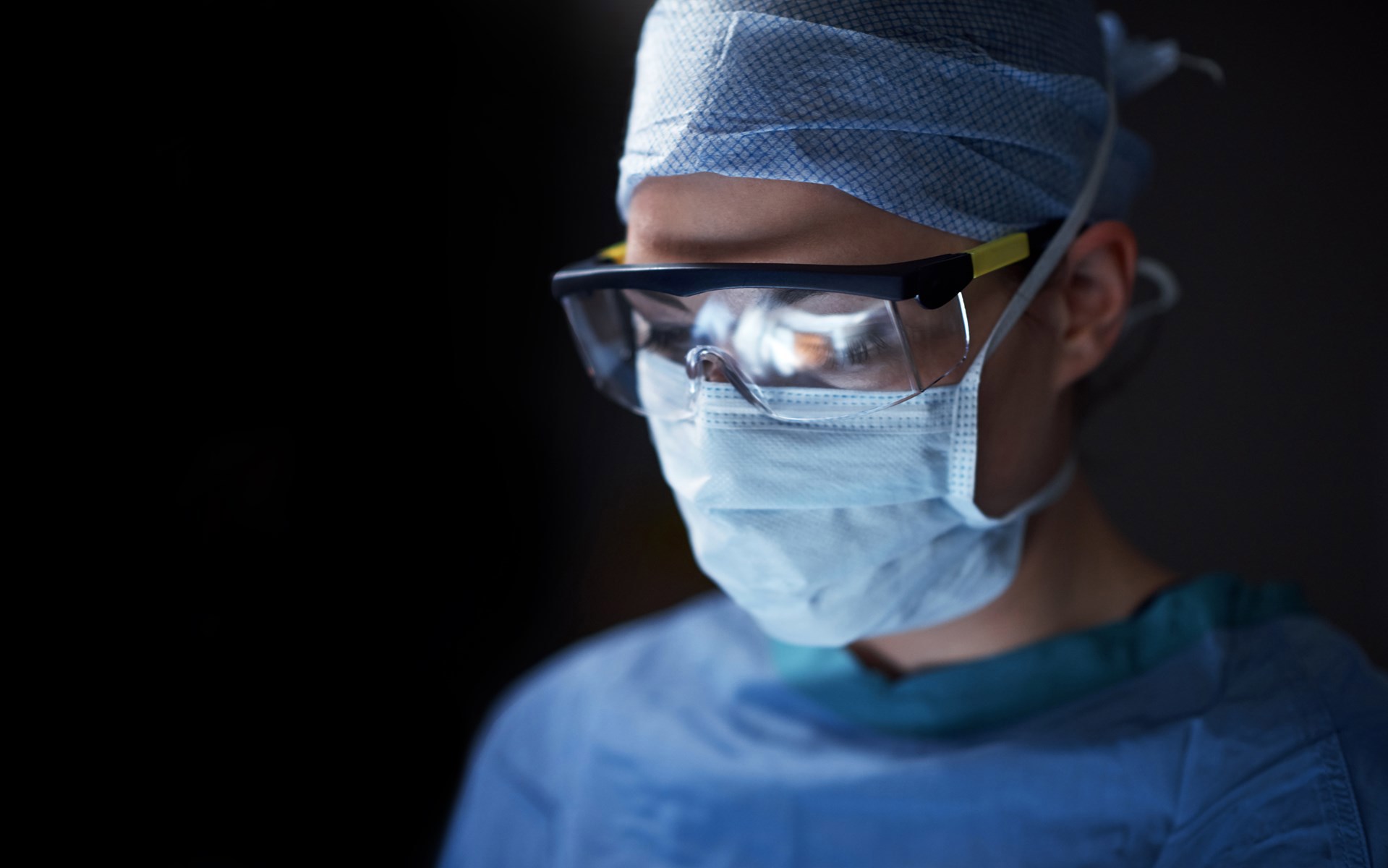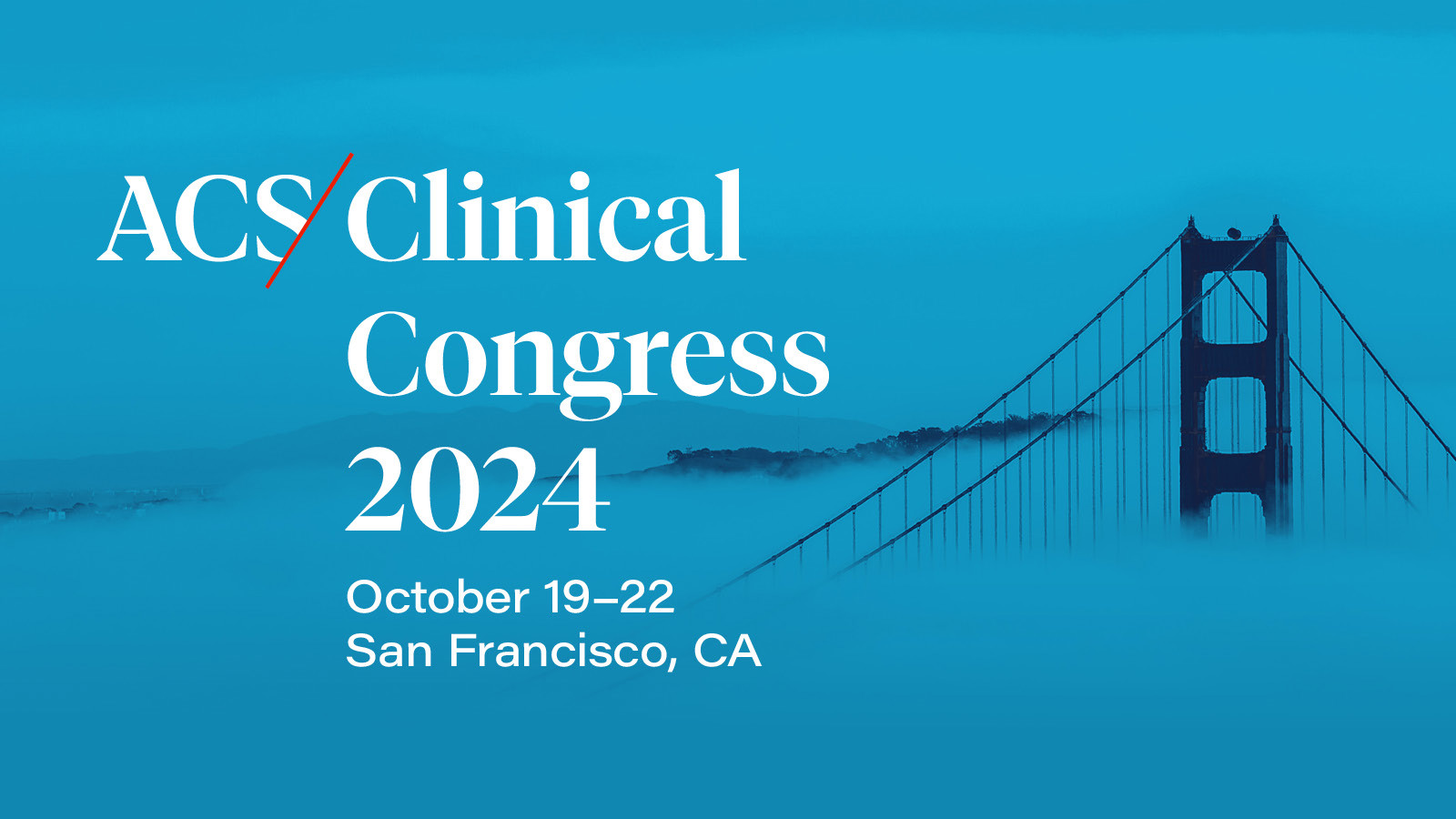Underwood PW, Balch JA, Filiberto AC, et al. Resident and Fellow Performance and Supervision in Surgical Oncology Procedures. J Am Coll Surg. 2024, in press.
There is an ongoing concern among trainees, faculty, and surgeons in practice that a significant proportion of graduates from surgical residency and fellowship programs are not adequately prepared for independent practice. Available evidence suggests that the level of intraoperative supervision chosen by faculty is not matched to the trainee’s level of expertise and that trainees who are qualified for autonomous intraoperative patient management are not permitted to work at this level.
The authors conducted a questionnaire-based observational study using a standard instrument that was completed by surgical trainees (4,907 resident cases and 425 fellow cases), as well as faculty members to provide opinions on the levels of trainee expertise and levels of supervision for a group of general surgery oncologic procedures [breast, soft tissue, endocrine, and hepatopancreatobiliary (HPB)].
Practice-ready levels of performance were documented in 38% of resident cases and 48% of fellow cases for breast and soft tissue; 22% and 41% for endocrine; and 10% and 40% for HPB. Among the cases where practice-ready performance was achieved, faculty supervision was classified as “show and tell”, active help, passive help, or supervision. The supervision level was equivalent to autonomous patient care by the trainee. Trainees determined to be “practice ready” and attendings rated supervision at the autonomous level for only 25% of cases.
The authors concluded that appropriate levels of supervision that were commensurate with trainee ability levels were rarely provided.
While these findings are discouraging, the study methodology raises important questions. For example, are the chosen cases actually “core general surgery procedures”? The HPB cases did not include common procedures such as cholecystectomy. Also, were there enough of these cases available, in the programs chosen for the study, to provide adequate experience for all trainees? Protocols that ensure adequate levels of independence for trainees who have demonstrated excellent performance should be developed and implemented within training programs. The American Board of Surgery Entrustable Professional Activities program is one example of an intervention designed to correct this deficiency.









